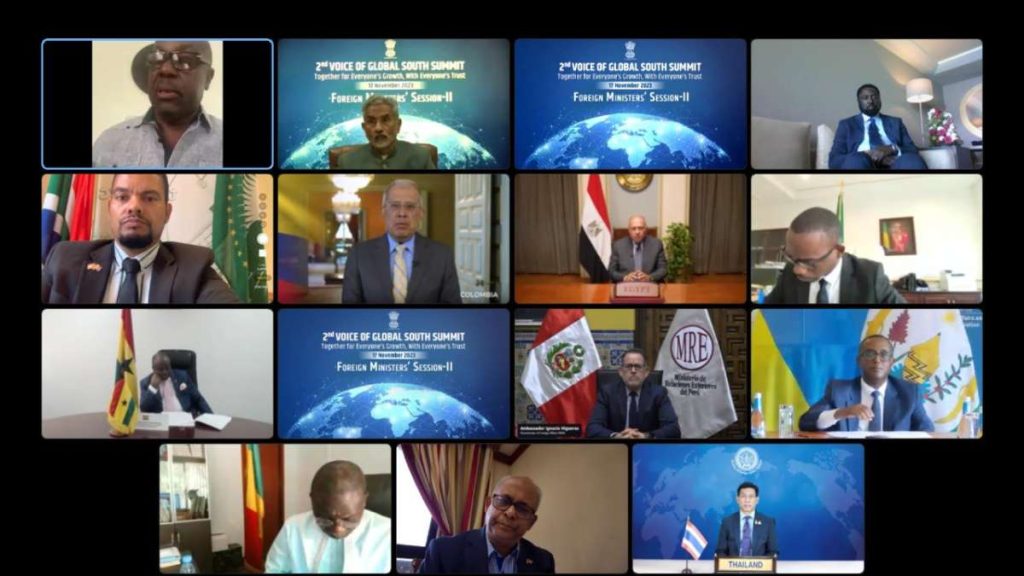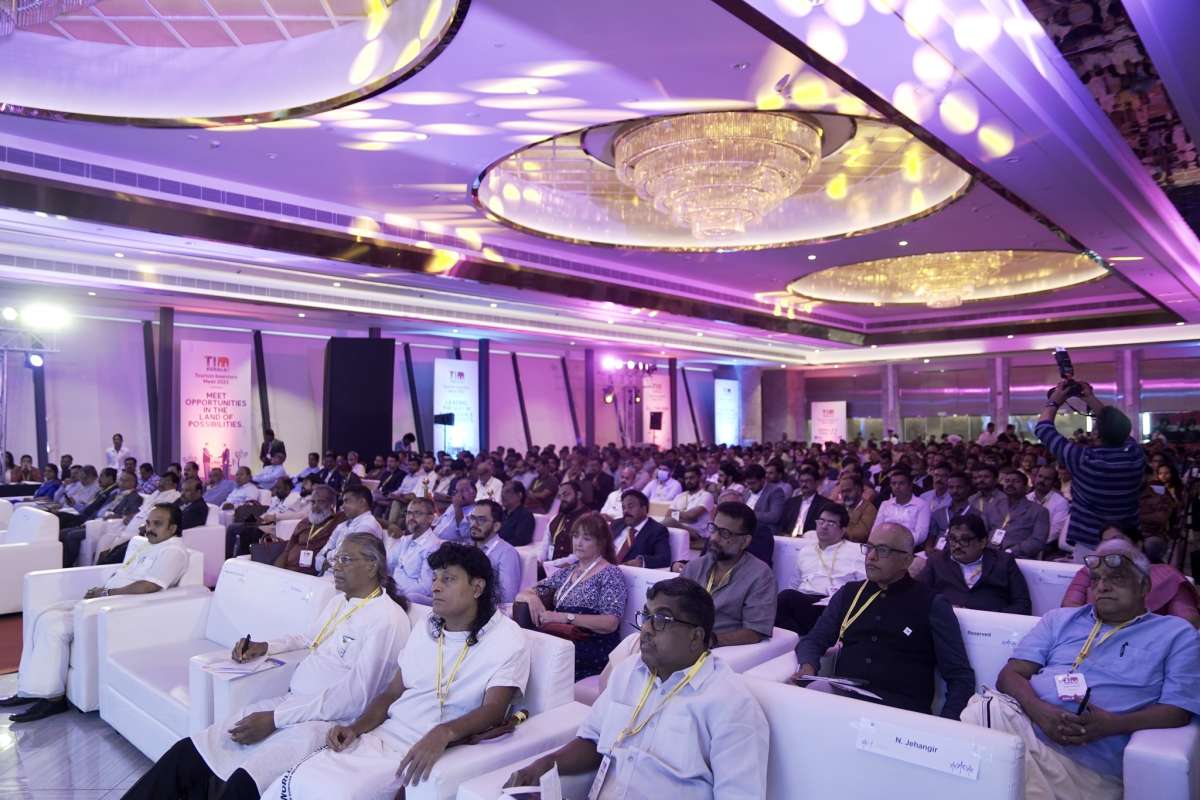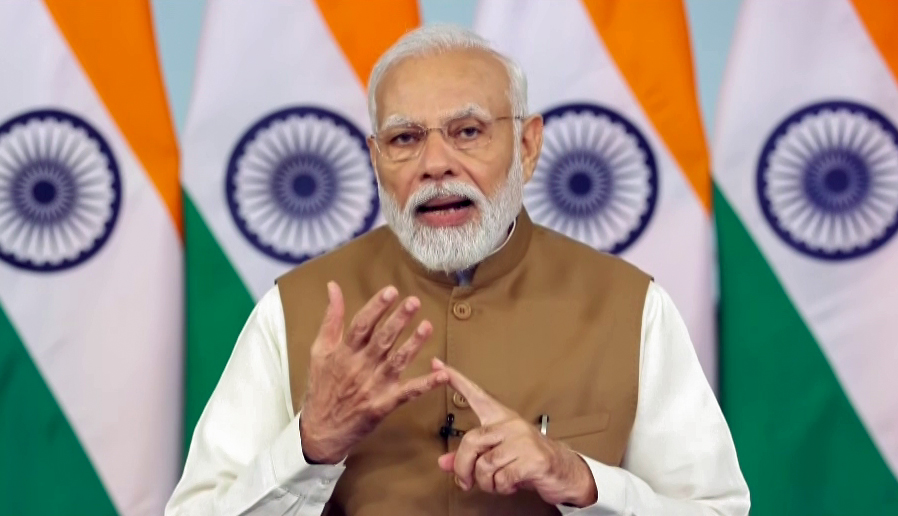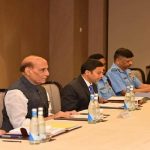While addressing the Foreign Ministers Session of the Second Voice of the Global South, Jaishankar underlined that India took over its G20 presidency at a time when world was facing a lot of challenges…reports Asian Lite News
External Affairs Minister S Jaishankar emphasized that India’s initiatives during its G20 presidency, centered around the theme “One Earth, One Family, One Future,” will persist beyond its presidency. He affirmed India’s commitment to actively pursue the vision of inclusive global growth.
“The endeavours undertaken during India’s G20 Presidency, under our theme of ‘One Earth, One Family, One Future’, will not end on November 30th 2023. With your support it will continue to be heard as we work to realize our vision for a world where truly no one is left behind anywhere in the world,” he said.
While addressing the Foreign Ministers Session of the Second Voice of the Global South, Jaishankar underlined that India took over its G20 presidency at a time when world was facing a lot of challenges.
He said, “India took over its G20 Presidency in the backdrop of a deep divide in the international polity, devastation caused by the Covid pandemic, increasing stresses on global food, fertilizer and energy security and an intractable debt crisis. This context made us conscious of the great responsibility of assuming the G20 Presidency.”
He added, “In fulfilling that task, India’s anchor was the Global South. Its voices inspired our priorities, fueled our efforts and galvanized a path-breaking consensus in a very diverse grouping.”
Jaishankar said that India’s G20 Presidency advocated for finding solutions from within the Global South. He said that India walked the talk by hosting the first Voice of the Global South Summit in January 2023 and added that the nations were able to hold discussions on the key concerns and priorities of the Global South.
He said, “As we took over the G20 presidency last year, Prime Minister Modi declared that and I quote “Our G20 priorities will be shaped in consultation with not just our G20 partners, but also our fellow travellers from the Global South, whose voice often goes unheard.” India has since walked the talk by hosting the first voice of the Global South Summit in January this year. By doing so, we were able to elicit and deliberate on the key concerns and priorities of the Global South. This, in turn, informed our approach to the G20 discussions throughout the year.”
The EAM noted that long-standing structural inequities have been seriously aggravated by the devastation caused by the COVID-19 pandemic. Jaishankar stressed that it has turned worse due to the fuel, food and fertilizer crisis emanating from the ongoing war between Russia and Ukraine and its response. He stated that India is hosting the Second Voice of Global South to report on key outcomes from the New Delhi G20 Summit.
“All of us are acutely aware of the growing stress on the international economy and global society. Long-standing structural inequities have been seriously aggravated by the devastation of the COVID pandemic. This has been made worse by the fuel, food and fertilizer crisis emanating from the Ukraine conflict and its responses,” Jaishankar said.
“Resource challenges, financial constraints, disrupted trade and climate events have added to our burdens. As a result, growth prospects are as daunting as the SDG landscape is grim. It was our foremost responsibility to refocus the G20 on the pressing needs of the global South. Thanks to the ideas and inputs received from all of you, India’s G20 presidency did advocate for finding solutions from within the Global South,” he added.
Jaishankar highlighted that the New Delhi Leaders Declaration of the G20 Summit will be remembered for bringing back the G20’s focus on the “real and serious concerns of the Global South.” He said that the declaration is a comprehensive message on promoting strong, sustainable, balanced and inclusive growth.
“It seeks to accelerate progress on SDGs and has come up with an action plan accordingly. It envisages a green development pact for a sustainable future. It endorses high-level principles on lifestyle for sustainable development, voluntary principles on hydrogen, the Chennai Principles for a Sustainable and Resilient Blue Economy, and the Deccan principles on food security and nutrition, amongst others,” Jaishankar said.
He stated that G20 has affirmed the fundamental importance of gender equality and committed to half the digital gender gap by 2030. Jaishankar called the inclusion of the African Union in the G20 as the most satisfying outcome of India’s G20 presidency.

He said that the Voice of the Global South can be greatly impactful by amplifying individual voices and projecting shared interests for the emerging world. He emphasised that institutions like the International Solar Alliance, the Coalition for the Disaster Resilient Infrastructure, and the One Future Alliance serve to offer solutions from the Global South for the world’s most pressing challenges.
“While change is the natural order, that continues to be a resistance for a greater role for the Global South in shaping solutions for the key issues of our times. But together, we need to continue putting greater emphasis on the need to take everyone along and everyone’s views along while we deliberate at multilateral and plurilateral forums. The Voice of the Global South Summit can be greatly impactful by amplifying our individual voices and project our shared interests for the emerging world order,” Jaishankar said.
He said that Global South needs to work towards self-reliance to mitigate its vulnerabilities vis-a-vis economic concentrations. He noted that COVID era is a stark reminder fo the “perils of dependence for basic necessities on far away geographies.”
He added, “We need to not only democratize and diversify production but build resilient and reliable supply chains and promote local solutions. Only then can the Global South secure its future.
“Jaishankar reaffirmed India’s commitment to the Global South through an extensive range of development projects in 78 nations and stressed that these projects are “demand-driven, outcome-oriented, transparent and sustainable.” (ANI)














